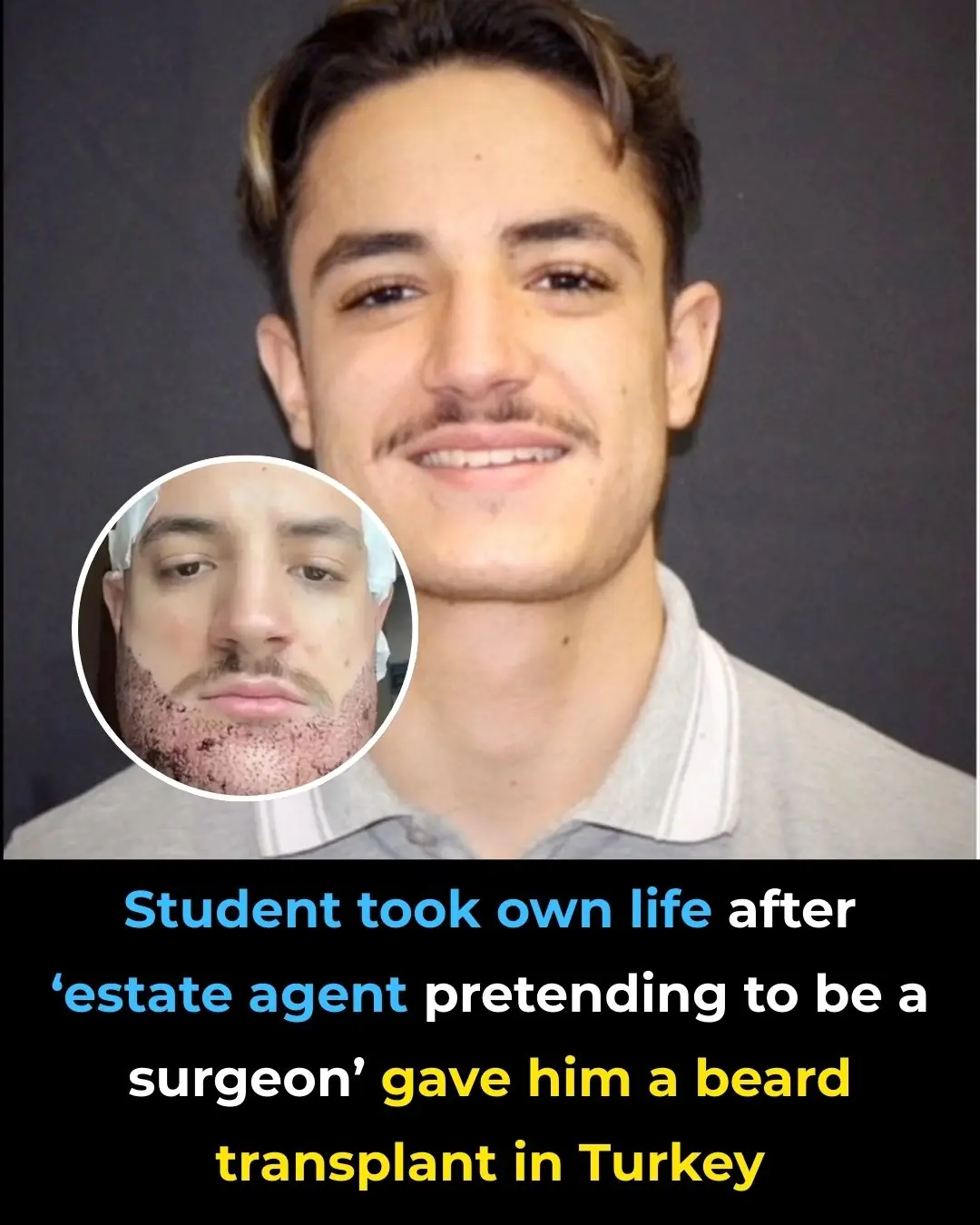
4 Things You Should Never Say to Someone with ADHD (And Better Alternatives)
Attention deficit hyperactivity disorder (ADHD) is a neurodevelopmental condition that affects millions worldwide. While many people casually use phrases like “I’m so ADHD” to describe moments of distraction, it’s important to remember that ADHD is a clinical diagnosis, not a personality quirk.
“Everyone feels restless or inattentive sometimes, but for people with ADHD, these experiences are chronic, severe, and disruptive,” explains Jaclyn Halpern, PsyD, a licensed psychologist in Rockville, Maryland. “The challenges often interfere with work, relationships, education, and everyday routines.”
Because ADHD symptoms—such as difficulty sitting still, impulsivity, or distractibility—are sometimes relatable to everyone, the condition is often minimized. But for those living with it, the impact is far more significant and can affect nearly every part of their well-being.
Unfortunately, this misunderstanding can lead people without ADHD to make dismissive comments that reinforce stereotypes. To avoid unintentionally causing harm, here are four common phrases you should avoid—plus what you can say instead to show compassion and support.
- “Isn’t Everyone a Little ADHD?”
This remark may seem harmless, but it dismisses the seriousness of ADHD. Suggesting that everyone has “a little ADHD” minimizes the struggles of people living with it daily.
ADHD is officially recognized in the Diagnostic and Statistical Manual of Mental Disorders (DSM-5), which mental health professionals use to diagnose conditions. It can appear in three main subtypes:
- Predominantly Hyperactive-Impulsive: Constant movement, difficulty waiting, impulsive decisions.
- Predominantly Inattentive: Easily distracted, difficulty sustaining focus, forgetfulness.
- Combined Presentation: A mix of both hyperactive-impulsive and inattentive symptoms.
“ADHD isn’t just about being distracted,” says Halpern. “It’s about a persistent, clinically significant pattern of difficulties that can affect nearly every domain of life.”
✅ What to Say Instead
“Sometimes I get distracted by all the chaos of daily life, but I know it’s different from what you go through. How does ADHD affect your daily routine? I’d like to understand better.”
- “That’s Just Boys Being Boys.”
This phrase is often used when children—especially boys—show signs of hyperactivity. While boys are more frequently diagnosed with hyperactive or combined ADHD, girls and nonbinary children also experience symptoms.
Minimizing ADHD as “normal boy behavior” can prevent children from getting the diagnosis and treatment they need. It can also damage self-esteem and make kids feel misunderstood or unfairly labeled.
“Comments like this ignore the struggles of children of all genders,” says Halpern. “They also reinforce the myth that hyperactivity is the only form of ADHD, overlooking inattentive symptoms that are common in girls.”
✅ What to Say Instead
“I know kids express their energy in different ways. If ADHD is making things harder for you, I want to understand how I can support you.”
- “You Only Focus on What You Want To.”
At first glance, it might seem that people with ADHD choose when to pay attention. But the reality is more complex.
A hallmark of ADHD is difficulty regulating focus. While individuals may experience hyperfocus—becoming intensely absorbed in activities they enjoy—they often struggle with routine or less stimulating tasks. This isn’t a matter of willpower; it’s a neurological difference in how attention is managed.
“People with ADHD don’t just decide to ignore certain things,” says Halpern. “Their brains are wired to require more stimulation for focus, which makes it harder to stay engaged with tasks that don’t naturally excite them.”
✅ What to Say Instead
“It’s amazing how deeply you can focus on things you’re passionate about. That’s a real strength. What helps you stay motivated with tasks that are less interesting?”
- “Nobody Needs to Know You Have ADHD.”
On the surface, this might sound supportive, as if you’re encouraging privacy. But it can unintentionally suggest that ADHD is something to hide or be ashamed of.
Everyone has the right to decide whether or not to share their diagnosis, but implying secrecy reinforces stigma. Instead, it’s better to empower the person to make their own choices about disclosure.
✅ What to Say Instead
“If you’re comfortable sharing, I’d love to hear about your experiences with ADHD—both the challenges and the strengths. It might help me support you better.”
The Takeaway: Choose Words That Heal, Not Harm
Living with ADHD comes with enough challenges without the added weight of misunderstanding. By avoiding dismissive phrases and replacing them with empathy, curiosity, and respect, you can make a real difference in someone’s life.
The next time you talk with a friend, colleague, or loved one with ADHD, remember: your words can either reinforce stigma or build a bridge of understanding. Choosing compassion over clichés helps create a world where people with ADHD feel seen, respected, and supported.
News in the same category

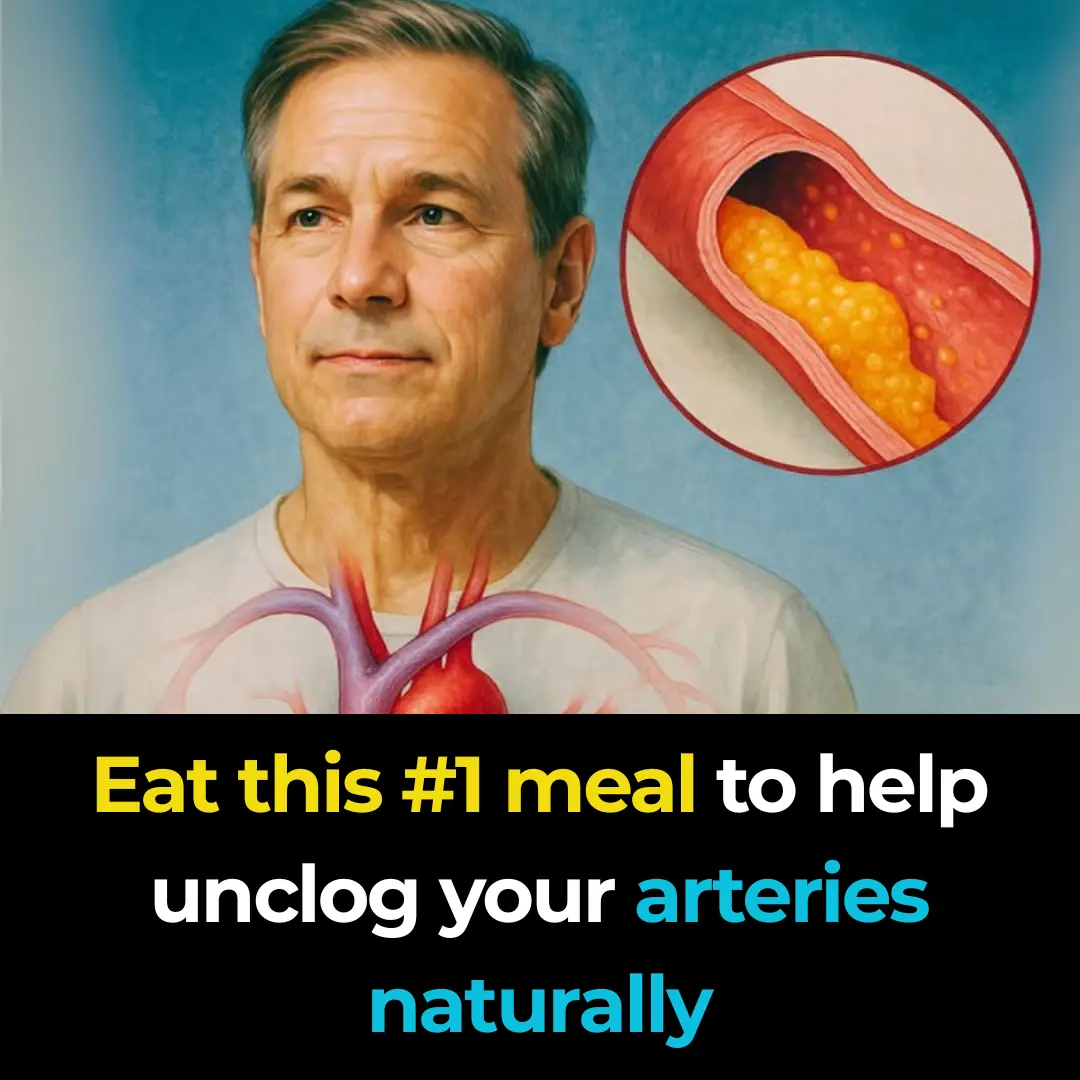
Eat this #1 meal to help unclog your arteries naturally

Canker Sores Are The Absolute WO:RST…Here’s How To Get Rid of Them Fast!

Cloves: 10 Health Benefits of Eating 2 Daily
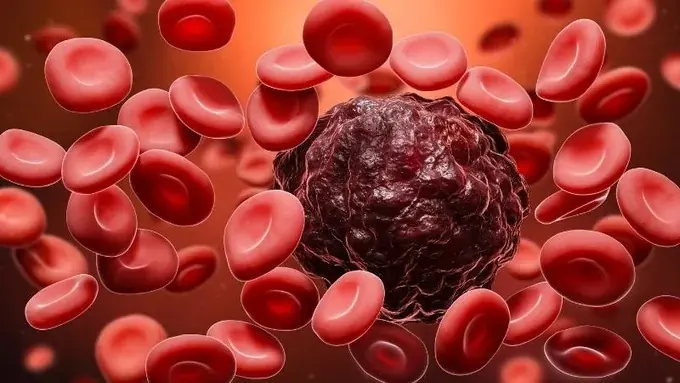
How to Spot the Early Warning Signs of Cancer Growing in Your Body

New Research Finds 40-50% of Colon Cancer Cases Can Be Prevented by Doing These Simple Things
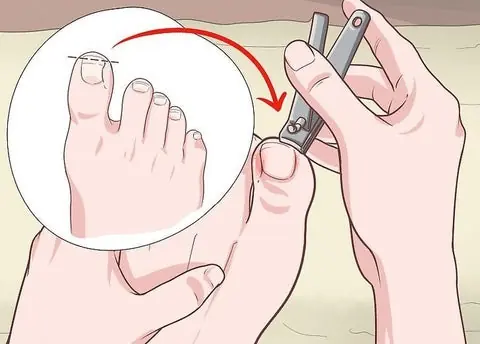
The Simple Trick to Get Rid of Ingrown Toenails Fast—You’ll Wish You Knew Sooner!
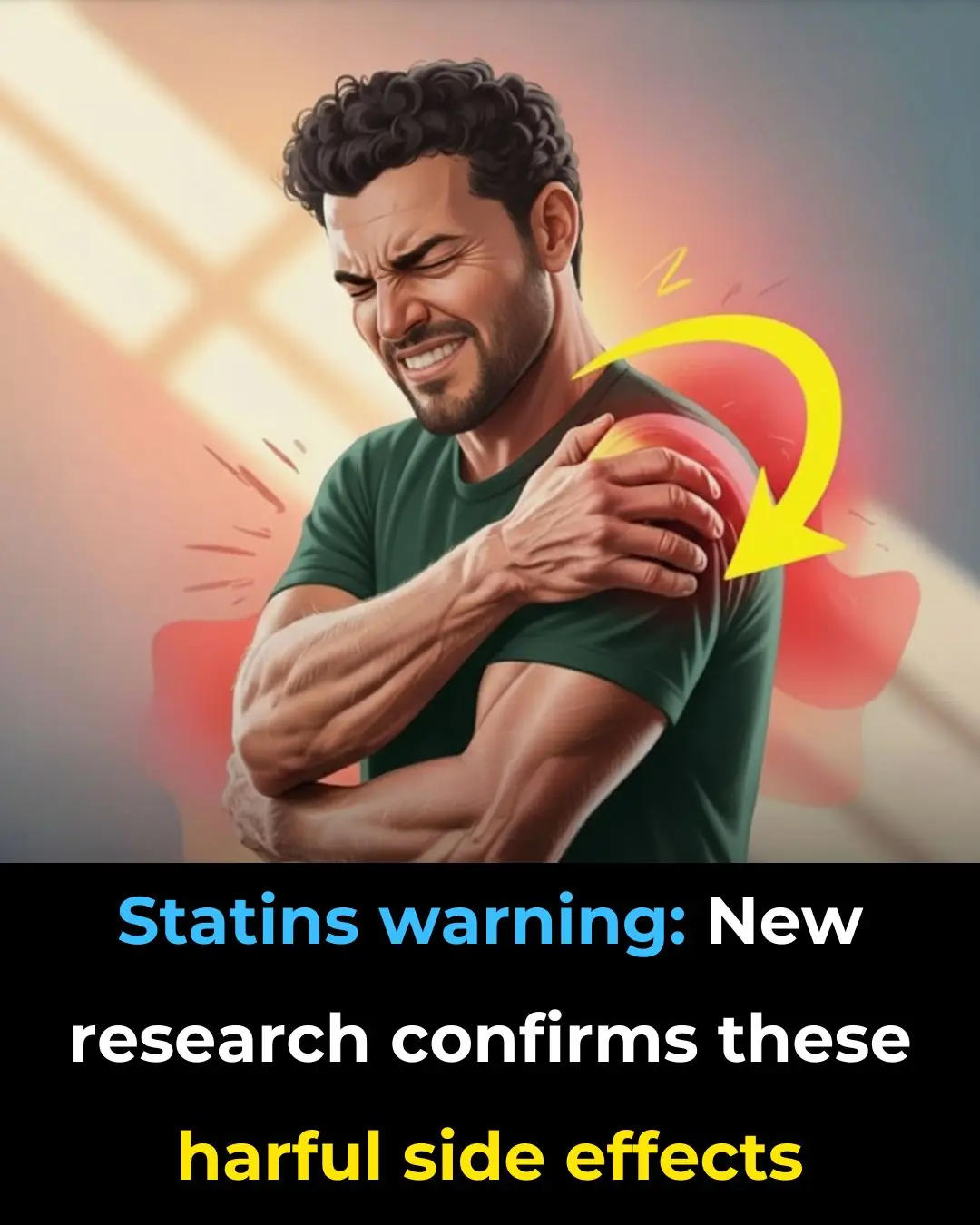
Statins warning: new research confirms these harmful side effects
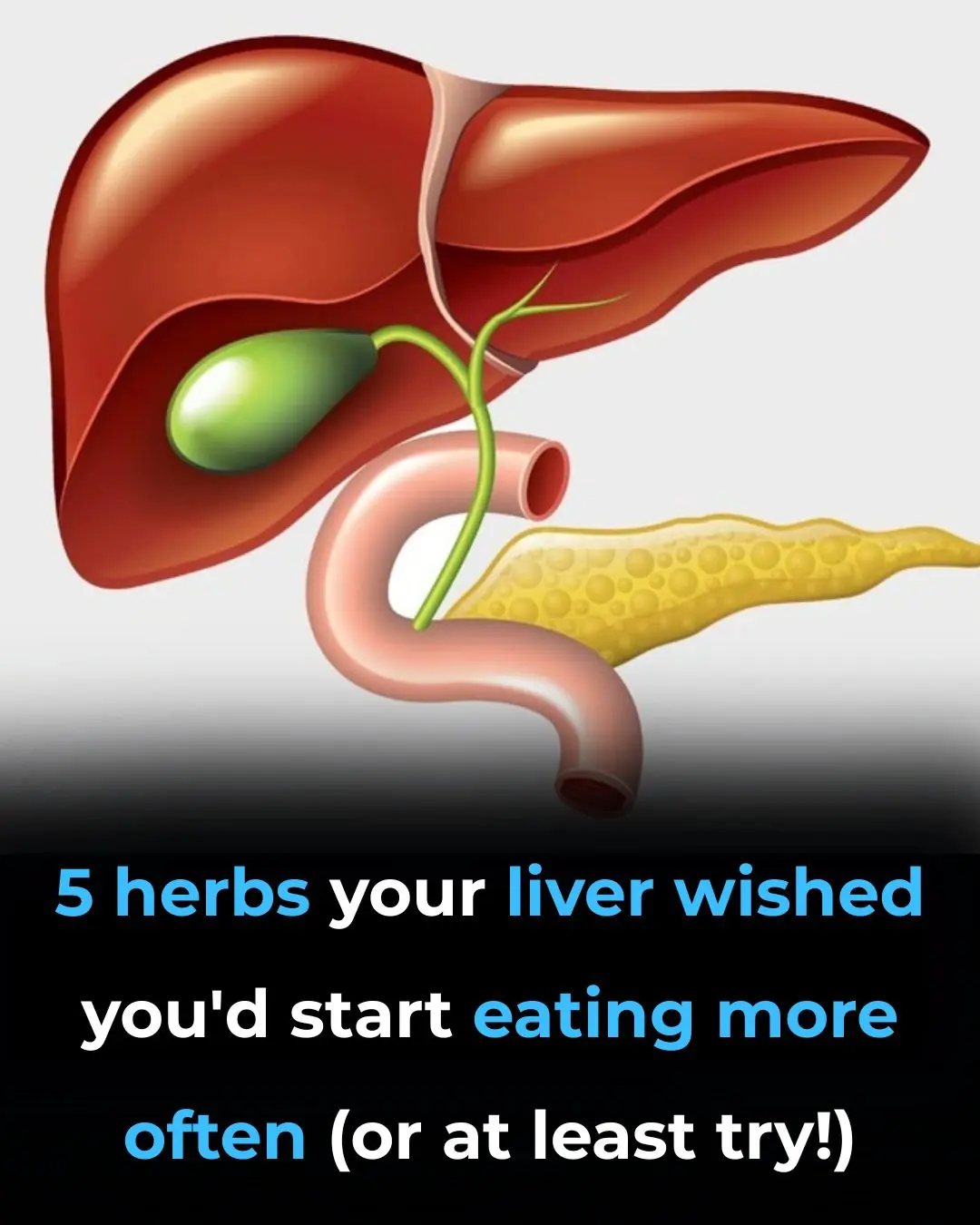
5 Herbs Your Liver Wished You’d Start Eating More Often (Or At Least Try!)
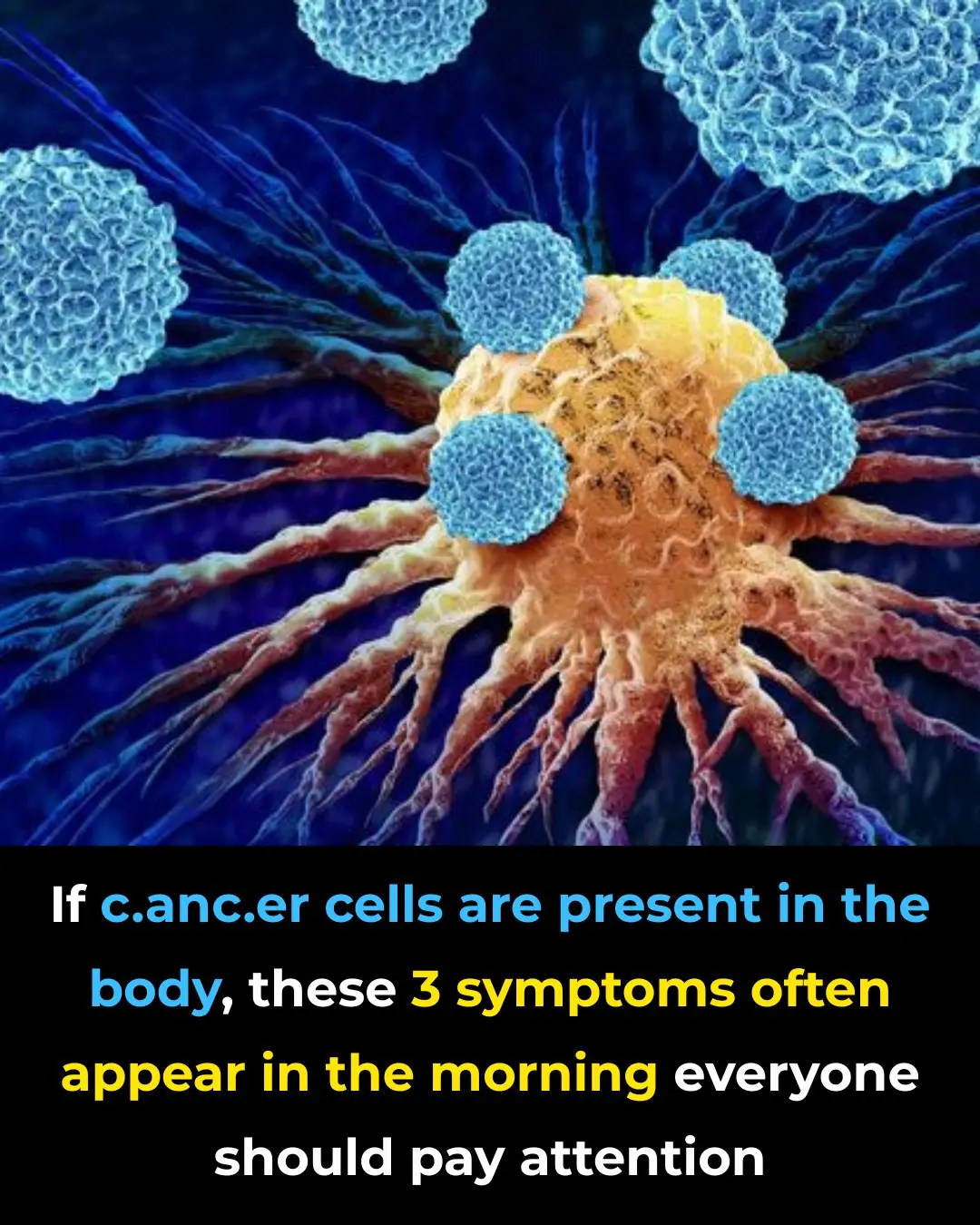
If cancer is present, 3 key symptoms often appear in the morning

The Warning to People Who Regularly Walk Around Their Homes Barefoot

Foods That Add Inches to Your Waistline
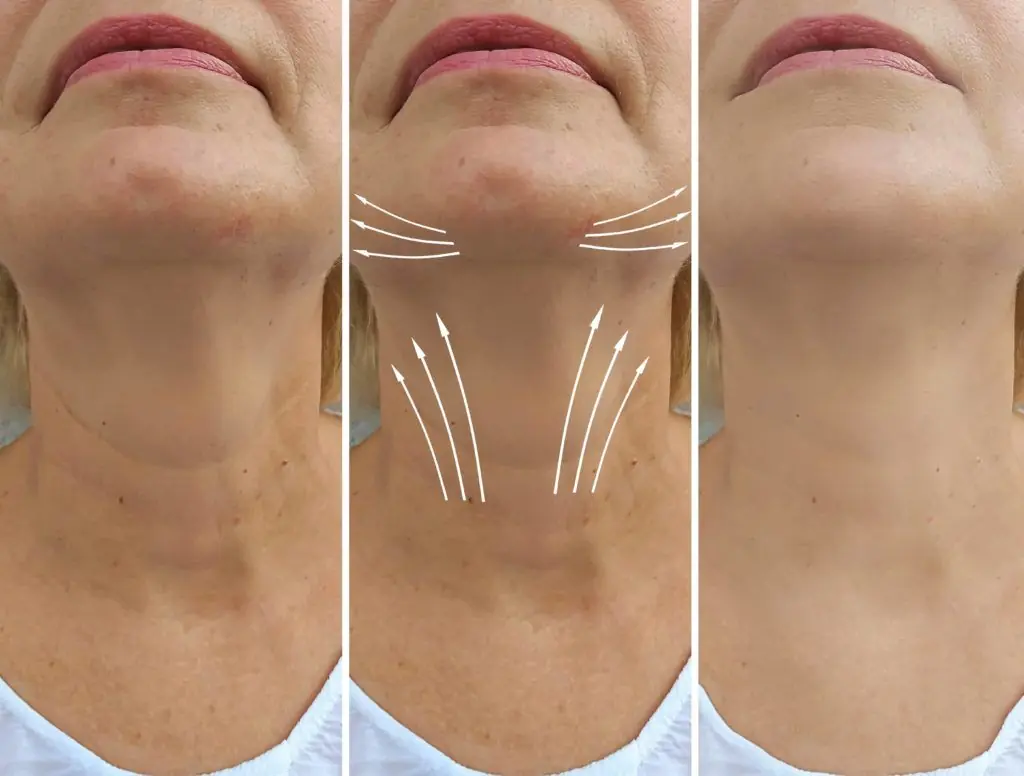
Why the Neck Sags with Age: Causes, Solutions, and Prevention Tips
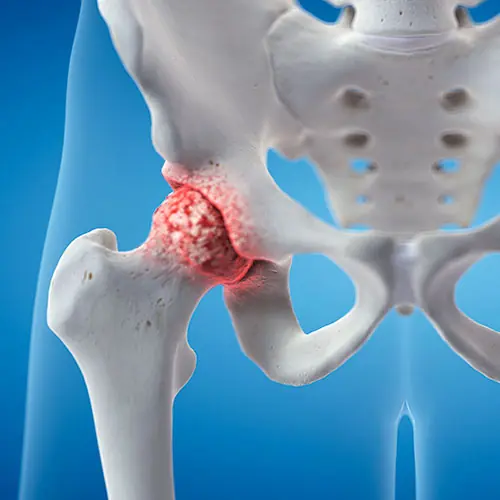
Top 3 Vitamins for Hip Arthritis

Anyone Who Wants to Avoid Having a Stroke Needs to Start Eating these 15 Foods Immediately
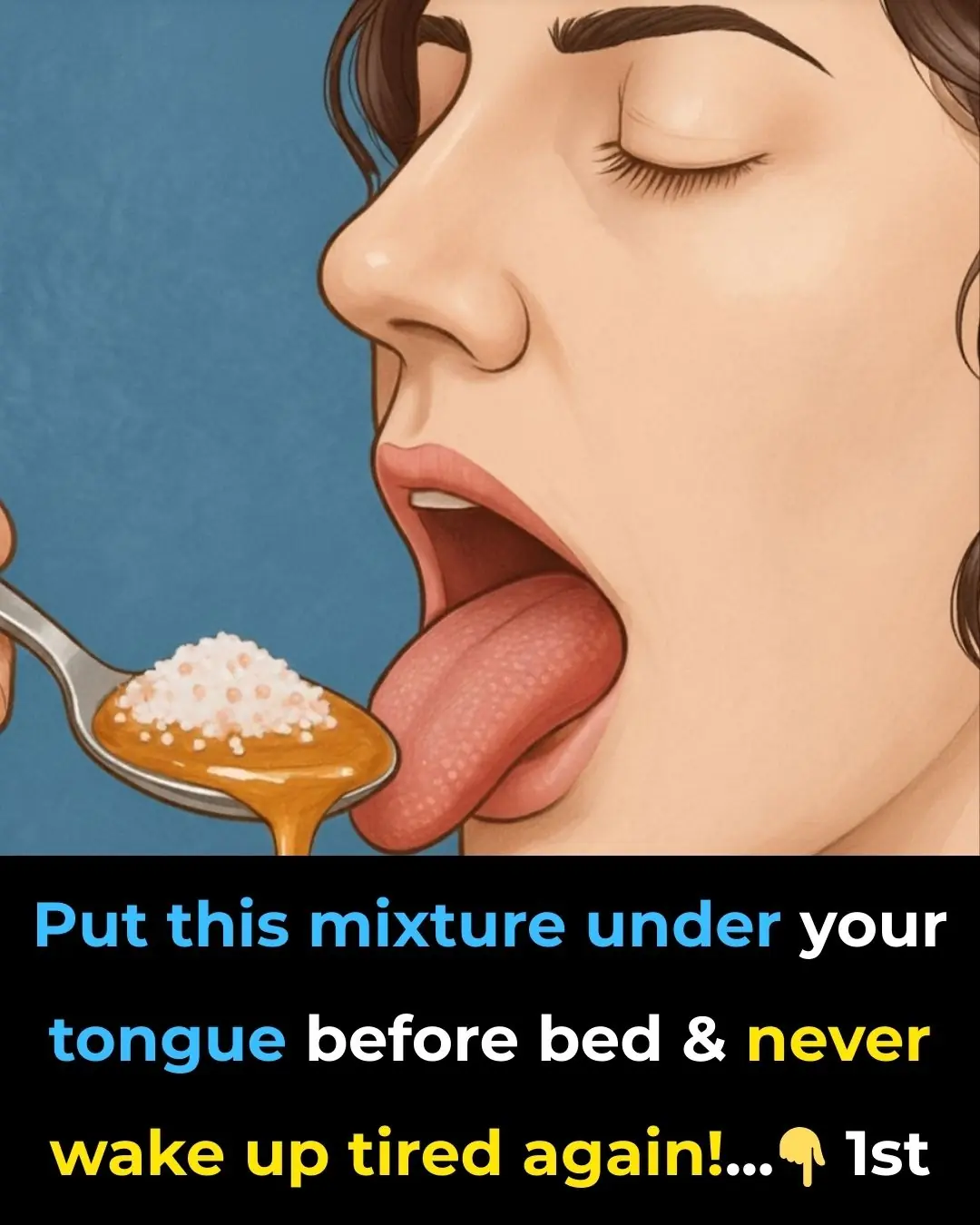
Put THIS Mixture Under Your Tongue Before Bed And NEVER Wake Up Tired Again!

Shocking Study: Popular Birth Control Linked to Higher Brain Tumor Risk in Women
While meningiomas remain uncommon, this research suggests that some forms of hormonal contraception — particularly long-term injectable Depo-Provera — may raise the risk more than previously understood.
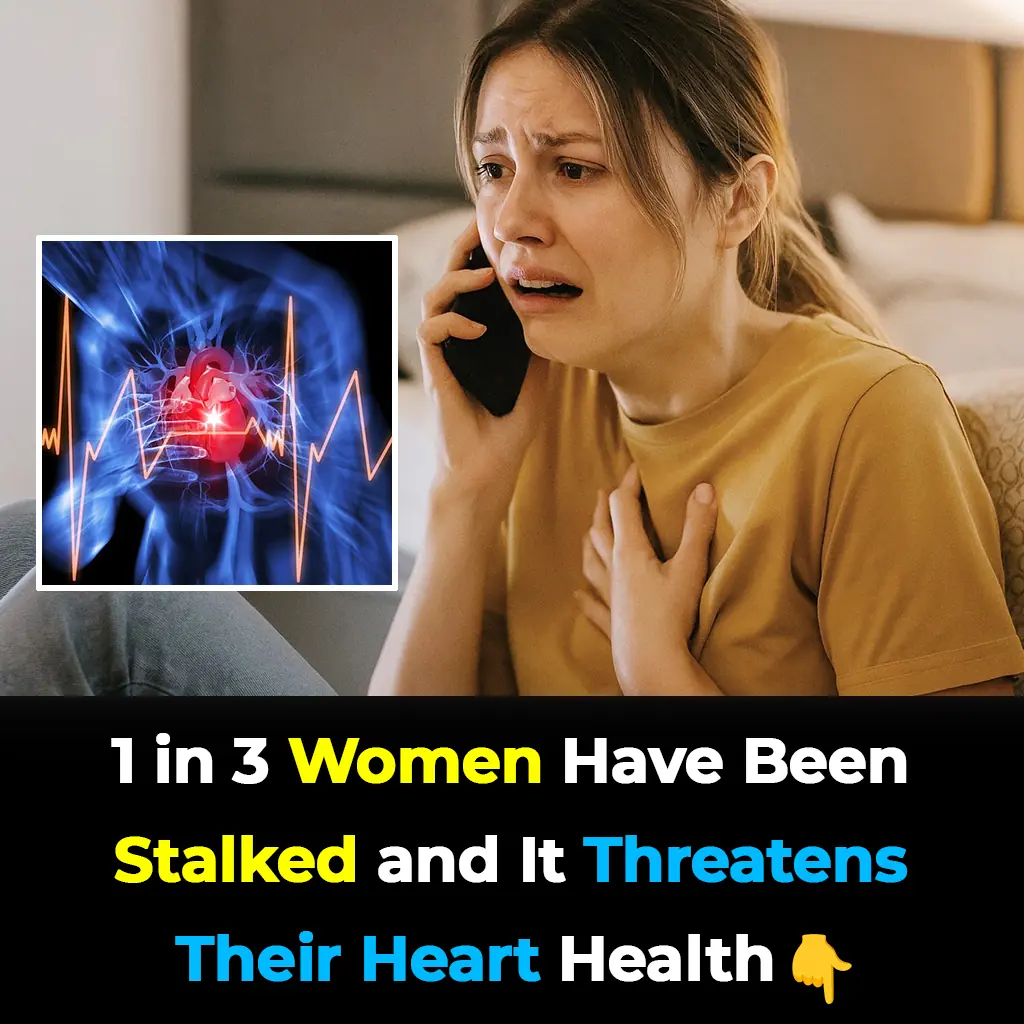
Silent Danger: How Stalking Secretly Raises Women’s Risk of Heart Attack and Stroke
Being stalked is not just an emotional burden—it can leave a lasting mark on the body. A new study reveals that women who have been stalked face a sharply higher risk of heart attack, stroke, and long-term heart disease, proving that trauma isn’t onl
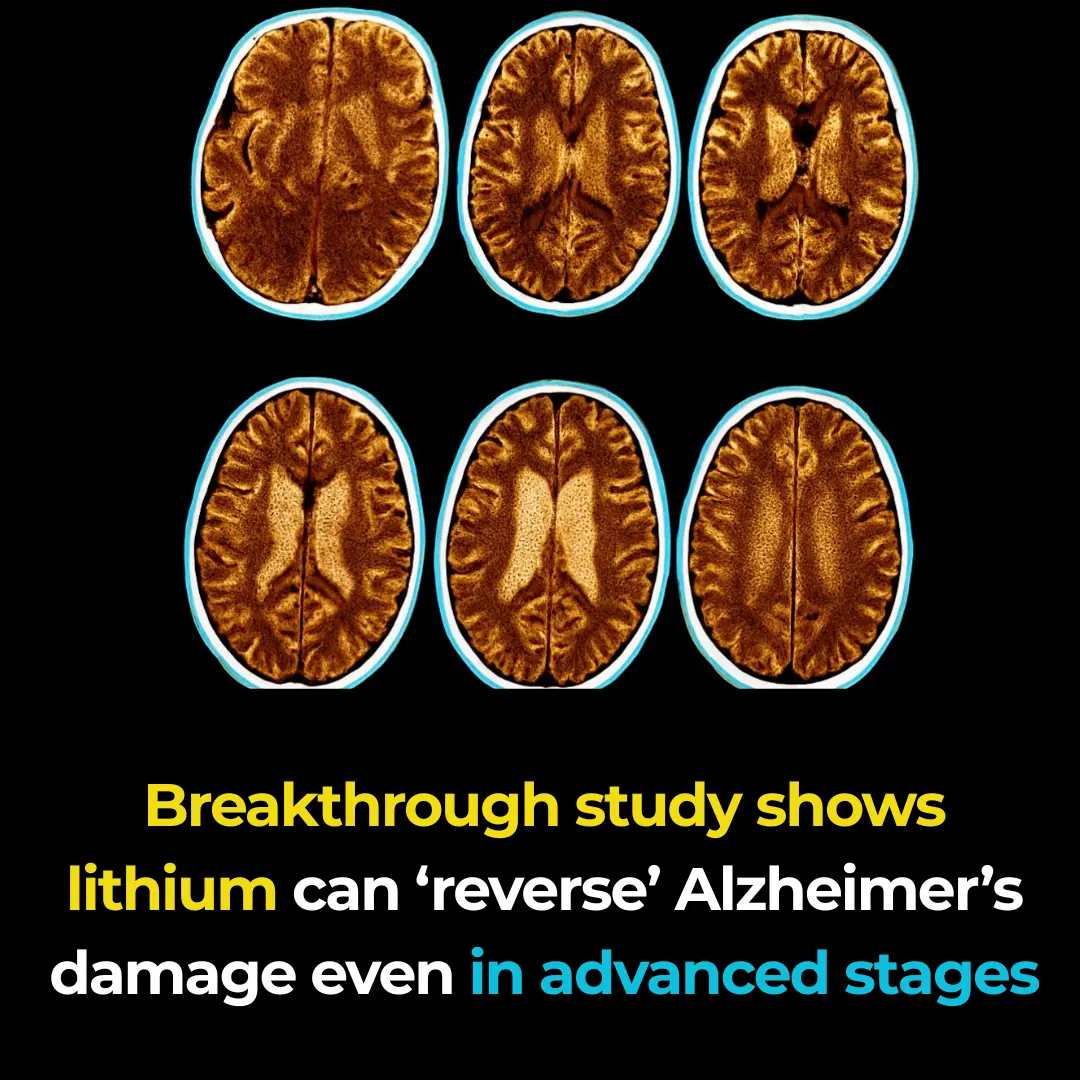
Breakthrough study shows lithium can ‘reverse’ Alzheimer’s damage even in advanced stages
News Post
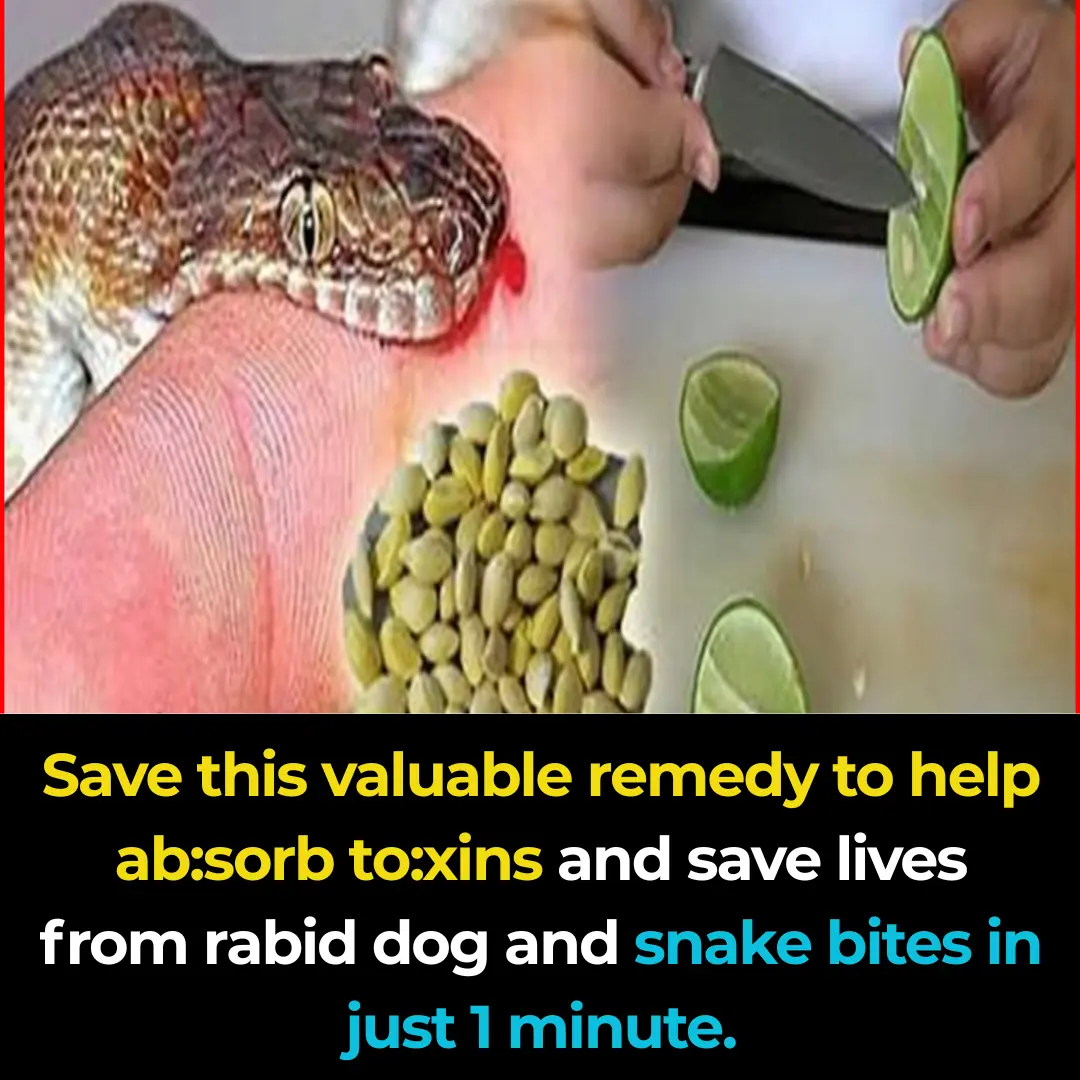
Save this valuable remedy that helps de:toxify and can save the life of someone bitten by a ra:bid d:og or snake in just 1 minute.
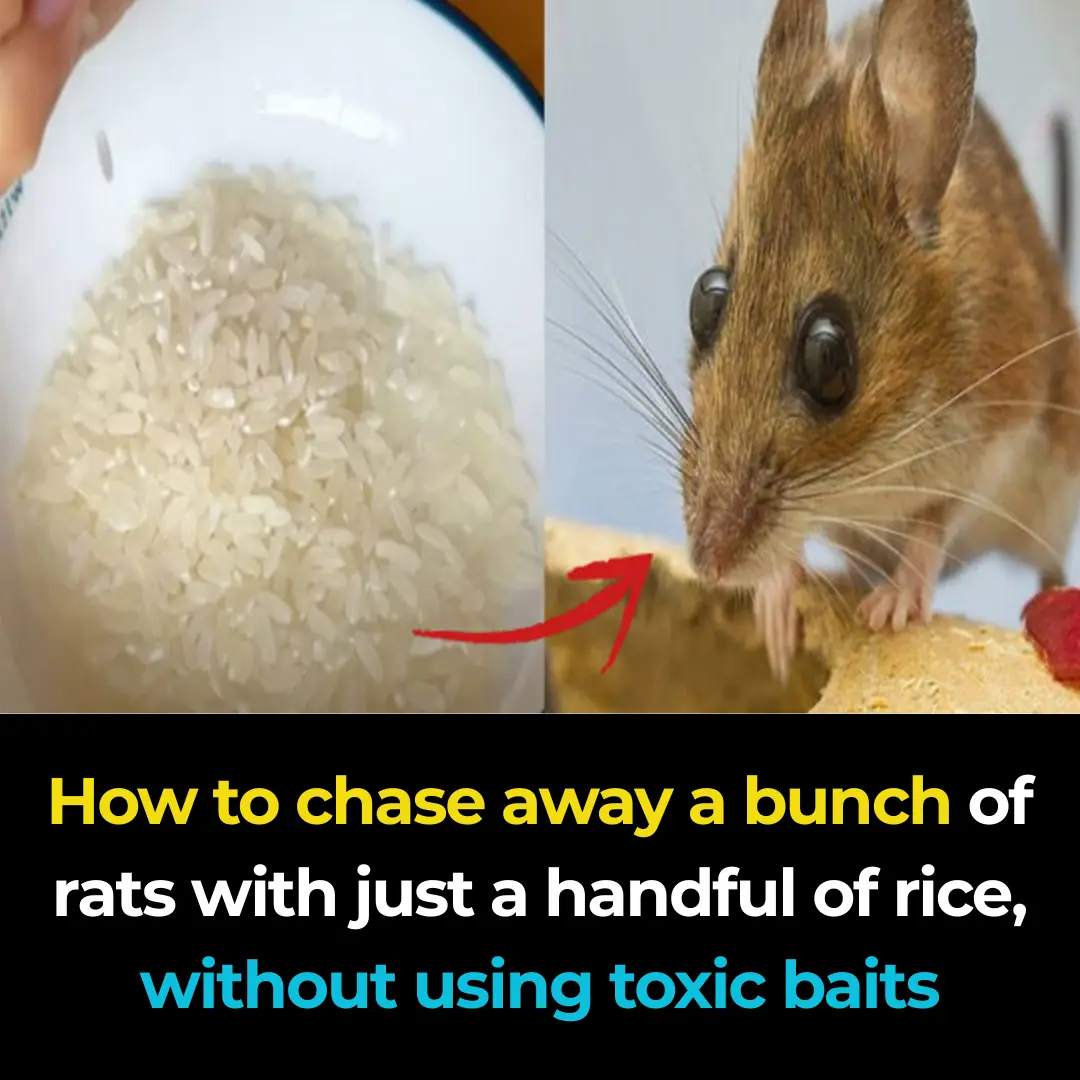
The method to drive away an entire rat colony using just a handful of rice, without the need for harmful poisons.
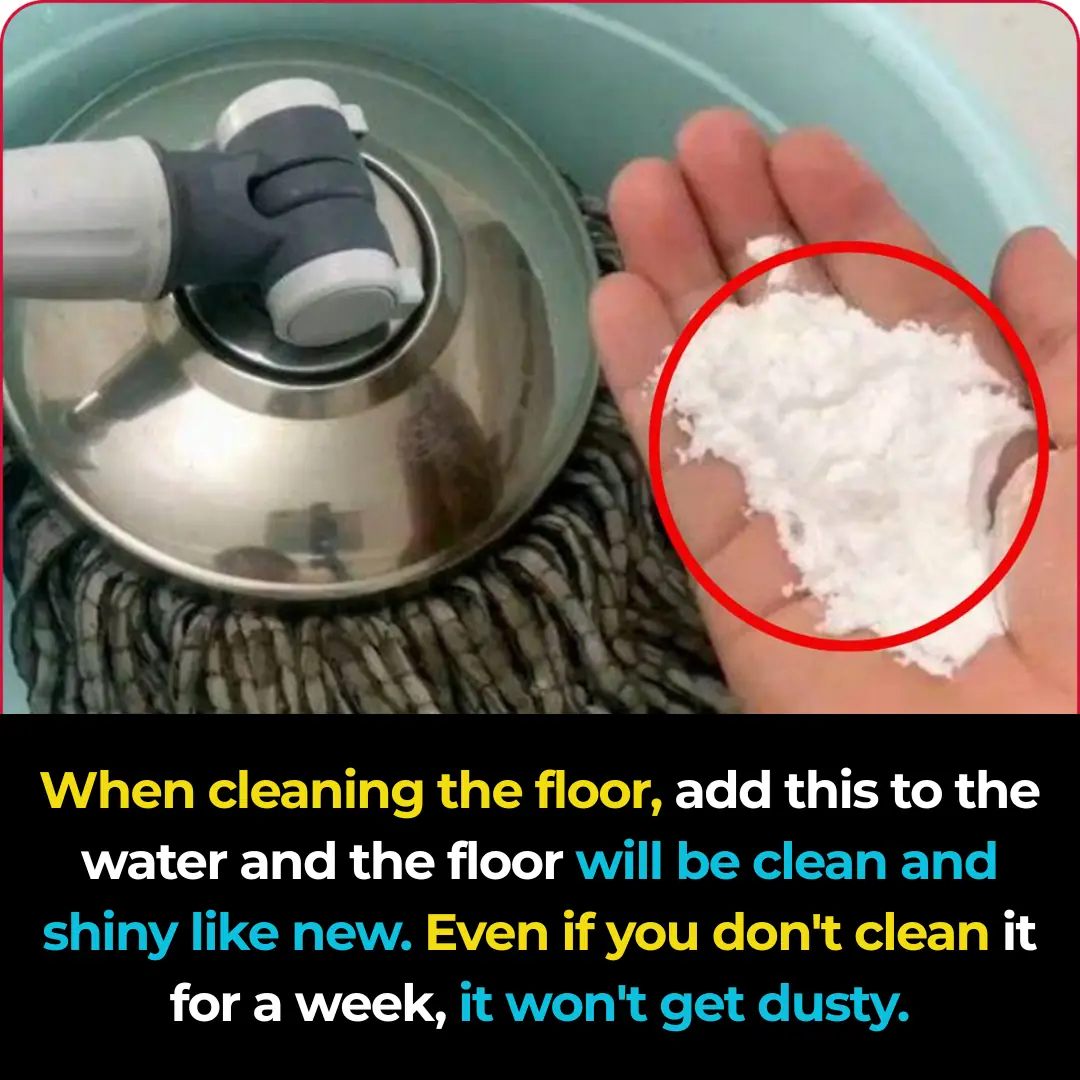
Clean your house with this simple trick using water, and the house will be as clean as new, with no dust sticking, even if you don't clean it for a whole week.

Simple Homemade Cough Syrup Removes Phlegm From The Lungs

Eat this #1 meal to help unclog your arteries naturally

Canker Sores Are The Absolute WO:RST…Here’s How To Get Rid of Them Fast!

Mimosa Pudica Tea: How to Prepare and Health Benefits

7 Benefits and Uses of Ageratum conyzoides
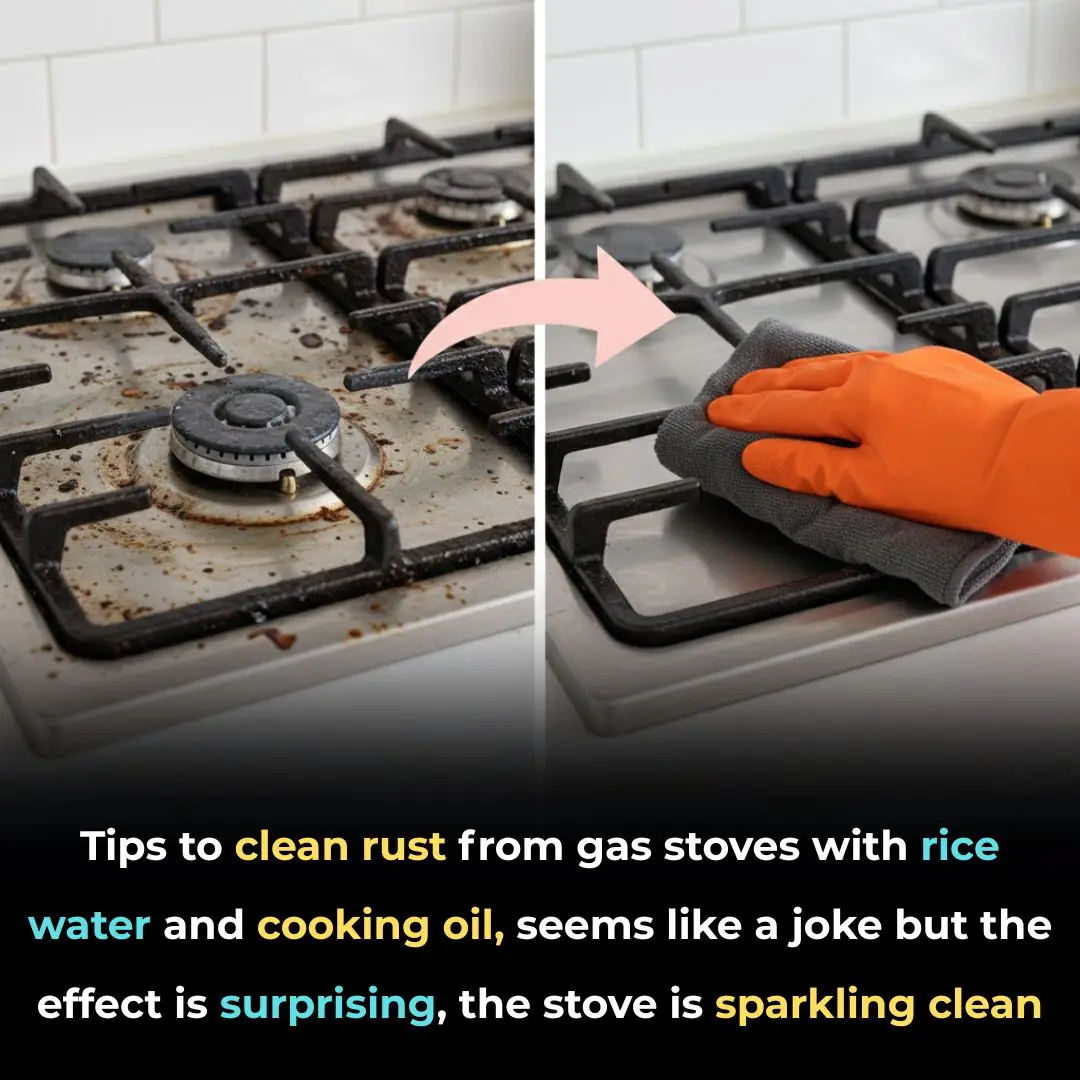
Tips to clean rust from gas stoves with rice water and cooking oil, seems like a joke but the effect is surprising, the stove is sparkling clean
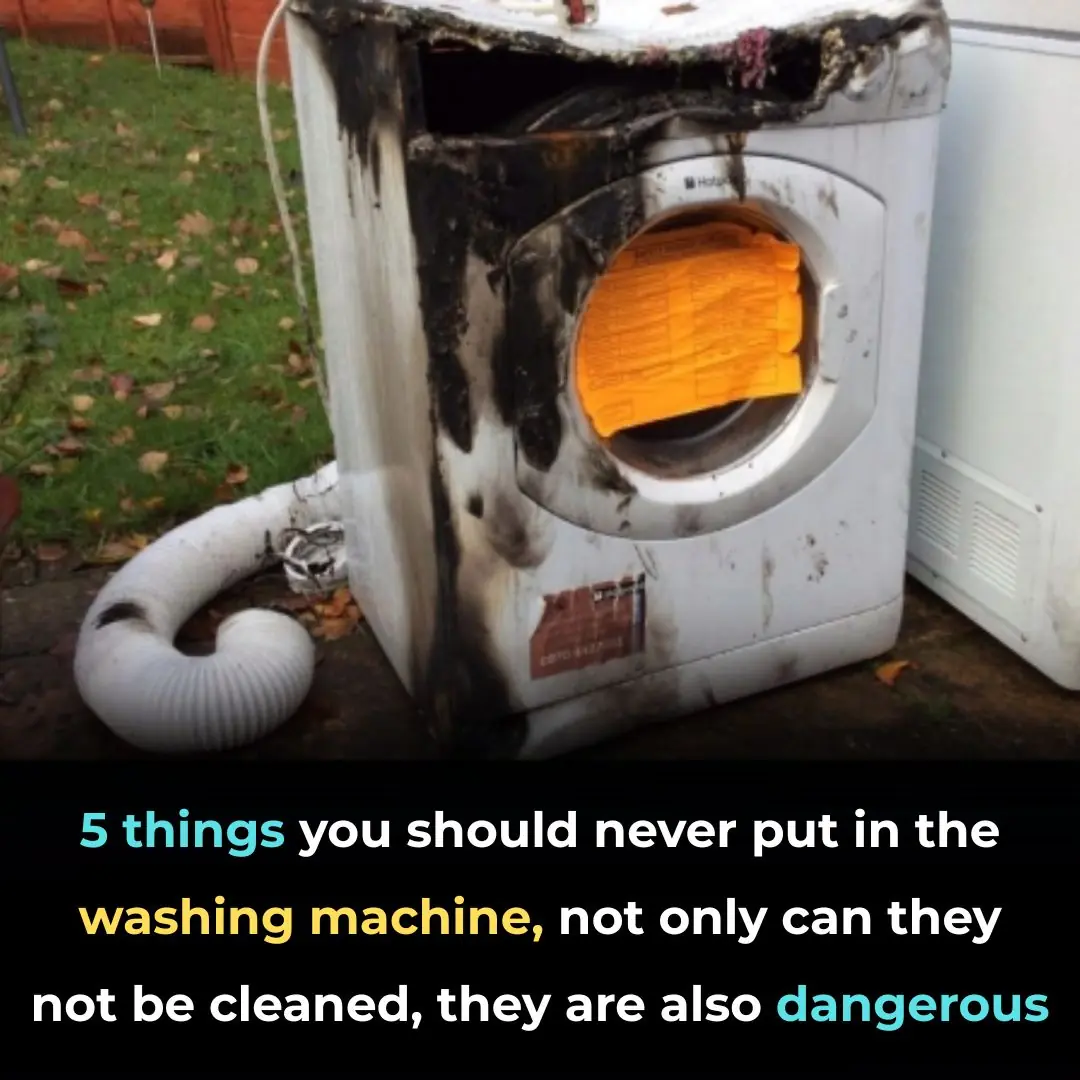
5 things you should never put in the washing machine, not only can they not be cleaned, they are also dangerous
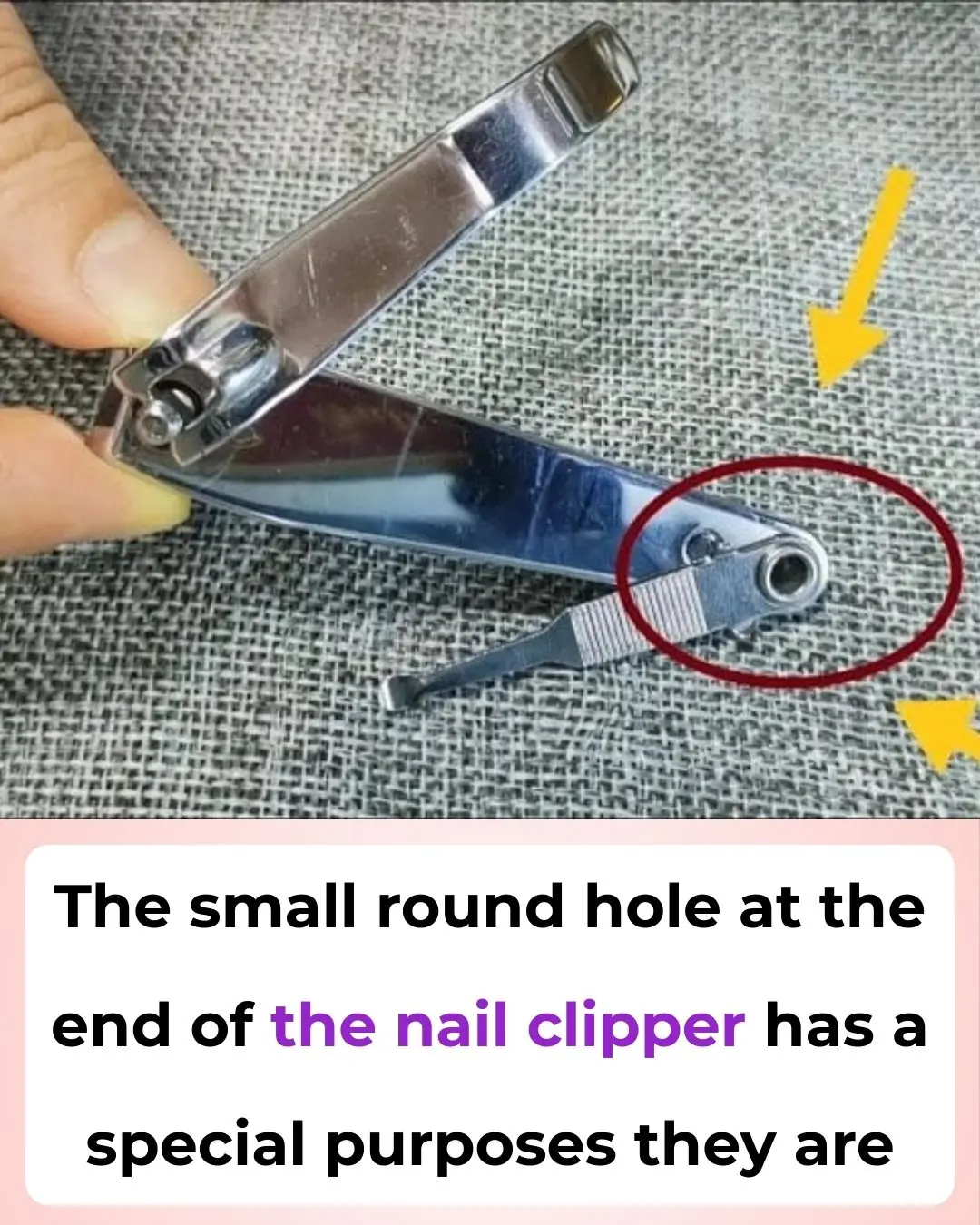
The small round hole at the end of the nail clipper is useful
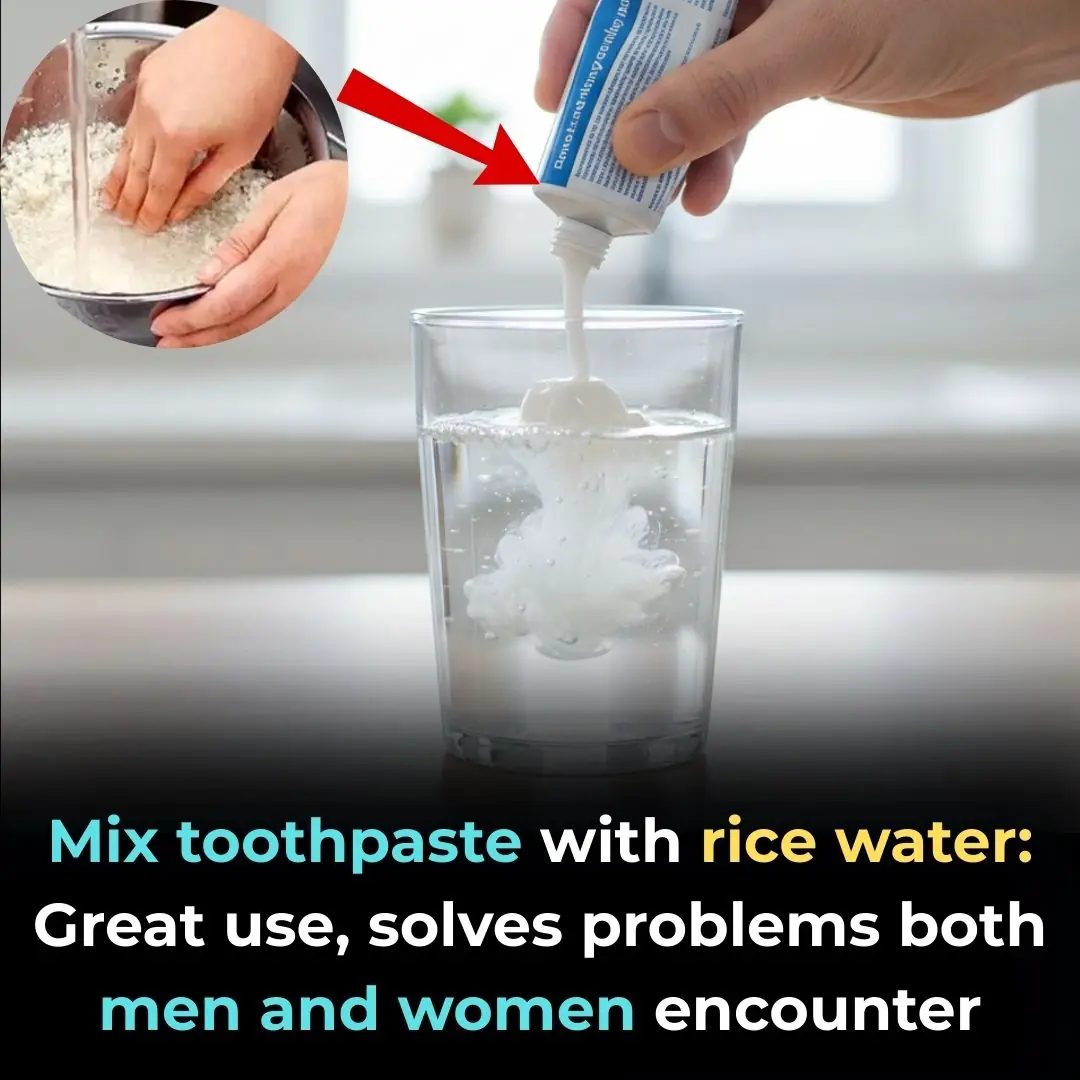
Mix toothpaste with rice water: Great use, solves problems both men and women encounter

Eating green bananas this way is very good for your health
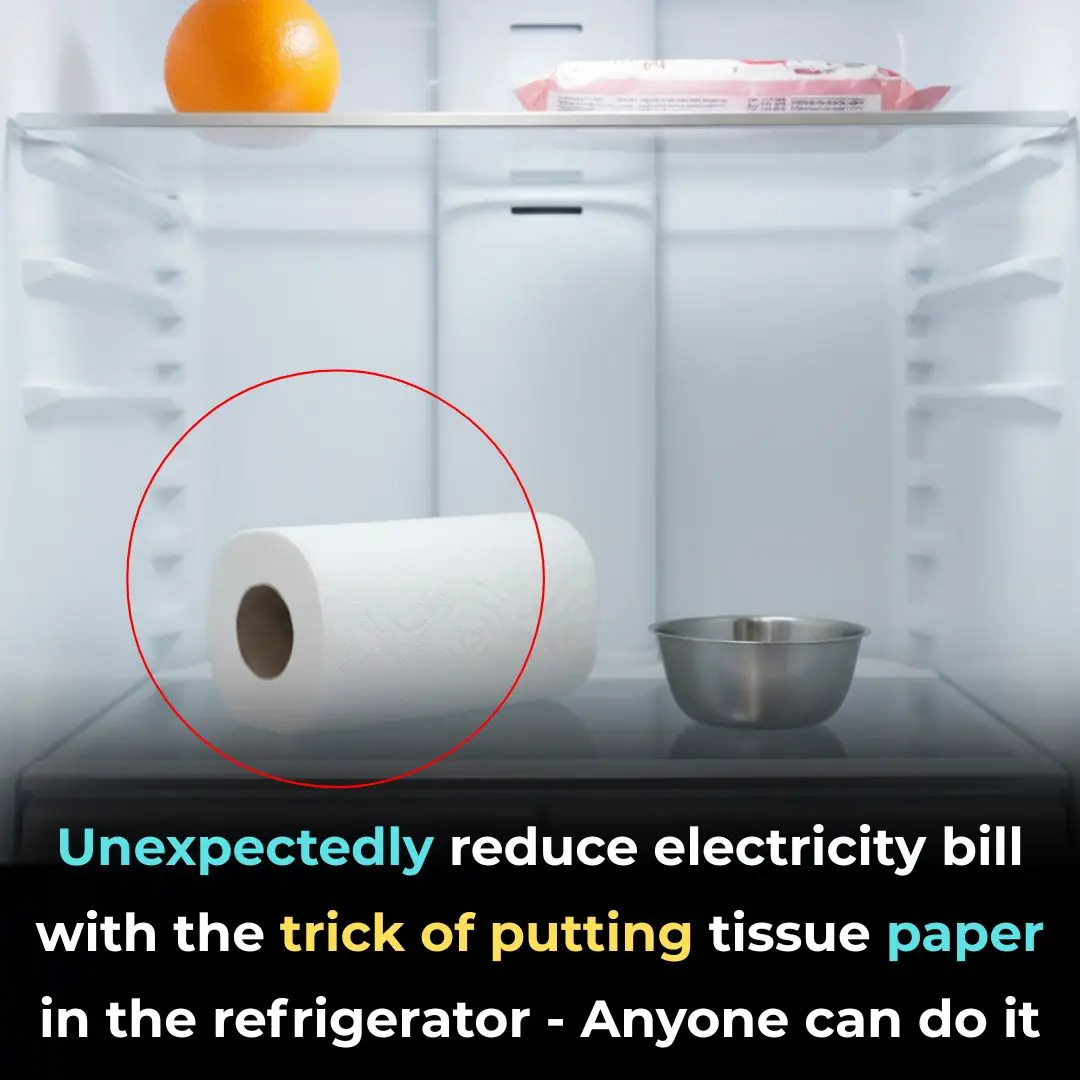
Unexpectedly reduce electricity bill with the trick of putting tissue paper in the refrigerator - Anyone can do it

10 Shades of Japanese Whitening Secrets: Rice-Based Beauty Formula for Wrinkle-Free, Spotless Skin
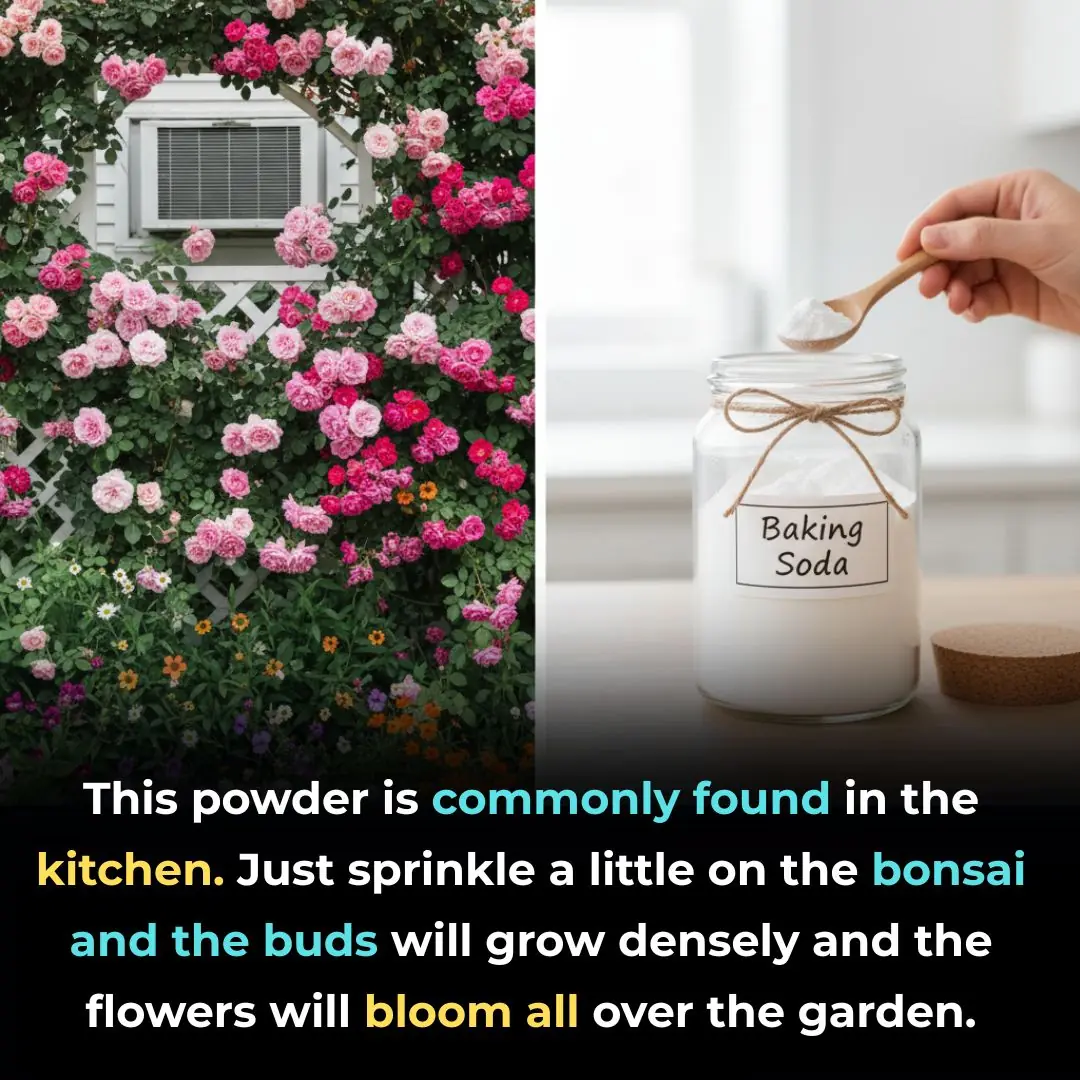
This type of powder is often found in the kitchen. Just sprinkle a little on ornamental plants, the buds will be dense, and the flowers will fill the garden

Don’t Boil Eggs Directly In Water — Here’s How FIVE-STAR Hotels Cook Their Eggs!

When someone in the family passes away, you should know that you should not keep these 4 relics for your children and grandchildren.

3 mistakes when using plastic wrap that can cause cancer that many people make
